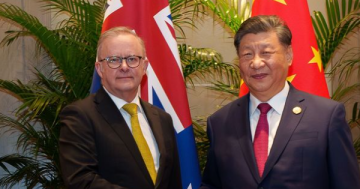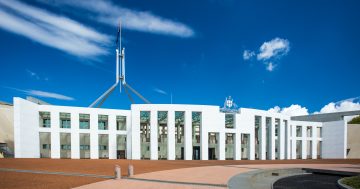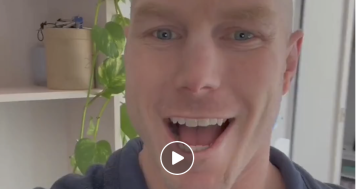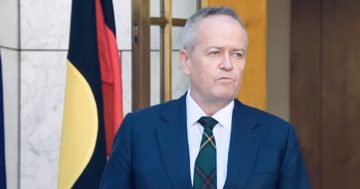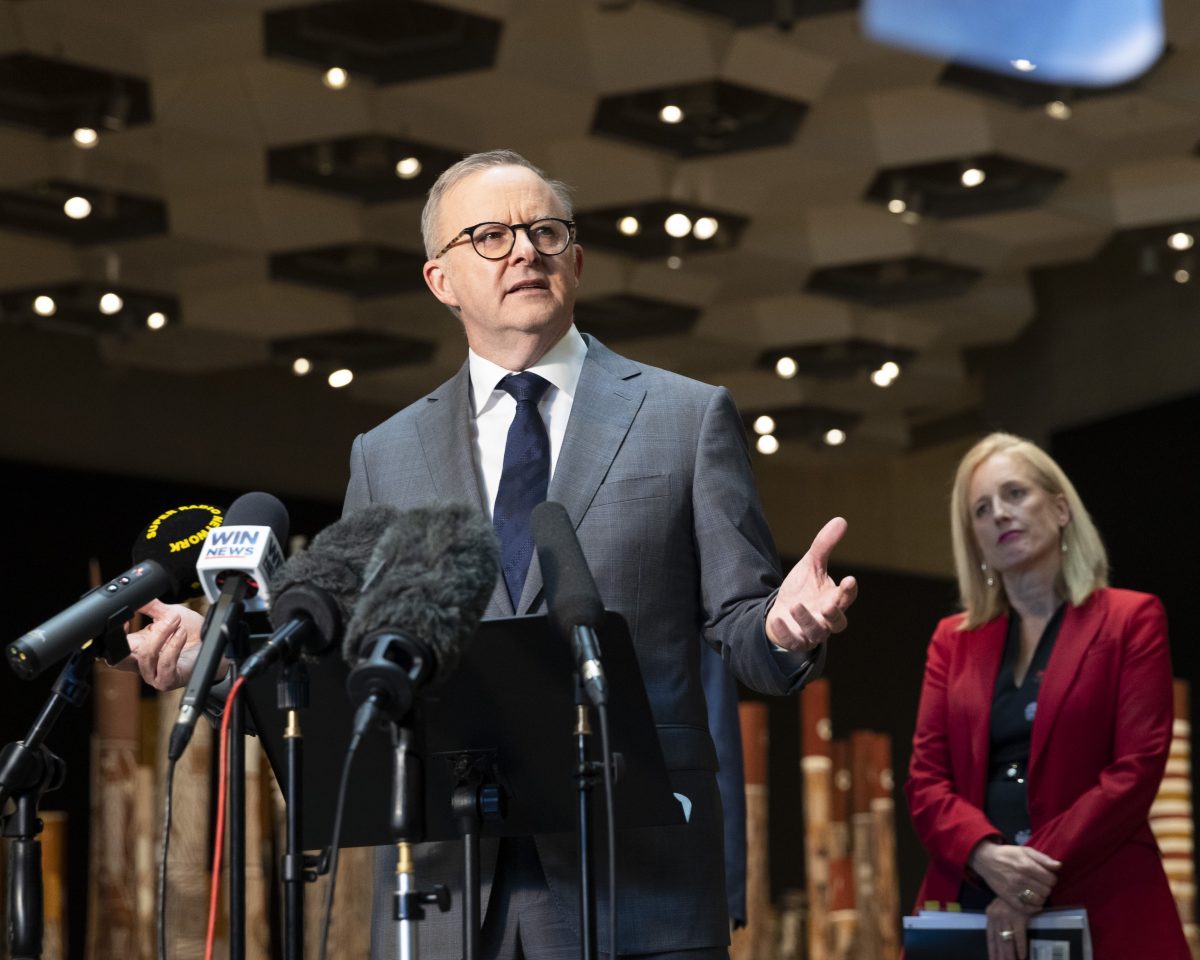
Prime Minister Anthony Albanese didn’t end the year on the high note he probably expected. Photo: National Gallery of Australia.
Nobody ever said government was easy, although Labor’s first year in office was a bit of a dream run.
That’s all over now as the midterm blues (and, perhaps, reality) set in. So, as Parliament ended the year on a bitter and reflective note, what does the scorecard look like for Anthony Albanese, Peter Dutton and the rest of the federal Parliament, including the ACT’s representatives?
Let’s look at the Voice first, on its political optics rather than the rights and wrongs of the case.
The vote fulfilled a promise made to First Nations leaders but also gave this government its chance to enact a significant win on par with the 1967 referendum, native title, land rights and the Redfern speech.
Prime Minister Anthony Albanese could have joined the pantheon of Whitlam, Hawke and Keating with his own grand gesture of reconciliation. The evidence suggests constitutional recognition alone would have won and that a legislated Voice, proving its mettle first, may have been a more prudent approach.
The shame of this was that neither side could contain some very ugly rhetoric – an unfortunate repeat of the destructive narratives around the same-sex marriage plebiscite. The loss took some paint off the government after a very long honeymoon period and losses on the big ideas always makes the everyday business of transactional politics all the more difficult.
The government had also hoped to push through industrial relations reform, balancing their increasingly questionable decision to stick with the Morrison government’s $300 billion worth of tax cuts due in July.
But IR reform is stuck fast in the Senate, where the ACT’s David Pocock and Jacqui Lambie are extracting maximum value from their votes, delaying reforms to the gig economy, road transport industry and casual work until next year.
And the High Court’s decision to overturn the indefinite detention of non-citizens with criminal records has sprayed the government with shrapnel as the PM races to limit the damage.
Arguably, the decision could have been foreseen, and again, on the optics, detaining criminals hits the exact tricky spot where Labor often feels vulnerable on public safety. No less than six people released from detention have since been arrested.
On the plus side, the relationship with China is significantly less fraught than it was. Australia has (mostly) successfully engaged with imminent associated threats in the Pacific, re-engaging our island neighbours and reinforcing the importance of the longstanding friendship.
Environment minister Tanya Plibersek has somehow managed to get Murray-Darling basin water reforms largely off the front pages with a deal announced in the last week that rewards water users for good environmental practices.
Bill Shorten has done the hard yards on reeling in the NDIS costs and now has help from the states, albeit at the cost of an extra $3.5 billion in GST payments and a further $1.2 billion in healthcare funding.
But cost of living trumps everything. Again, it’s not entirely the government’s fault, but that’s what you cop when you are running the place. For many families, this will be a tough Christmas and they’re looking for someone to blame.
The government’s working on unexciting but important issues, like the Robodebt Royal Commission and a national firearms registry, but they won’t resonate with ordinary households in comparison with budget pressures as interest rates continue to rise and rise.
Meanwhile, Opposition Leader Peter Dutton (who, as immigration minister, approved the visa of at least one of those arrested) is looking forward to a happier Christmas than anticipated.
Absolutely nobody thought at the beginning of the year that Mr Dutton would be the next Liberal Prime Minister (and it’s still less than likely), but he’s had a good run calling the government to account for problems it should have managed better.
The Greens have had some wins, including an amendment to the Nature Repair bill that prevents the use of biodiversity credits to offset environmental harm. But in alliance with Labor, their voice has been muted.
It’s been a good year for David Pocock, who made the most of his good fortune in securing the balance of power in a progressive government that largely aligns with the ACT’s own political intentions.
Among his wins have been fast-tracking changes, including banning discrimination against employees experiencing family and domestic violence and improving access to workers’ compensation for first responders with post-traumatic stress disorder in the ACT.
Overall, 2023 was a year the PM might not rank as his favourite. But as former treasurer Joe Hockey once famously said, the worst day in government is always better than the best day in opposition.
Original Article published by Genevieve Jacobs on Riotact.


